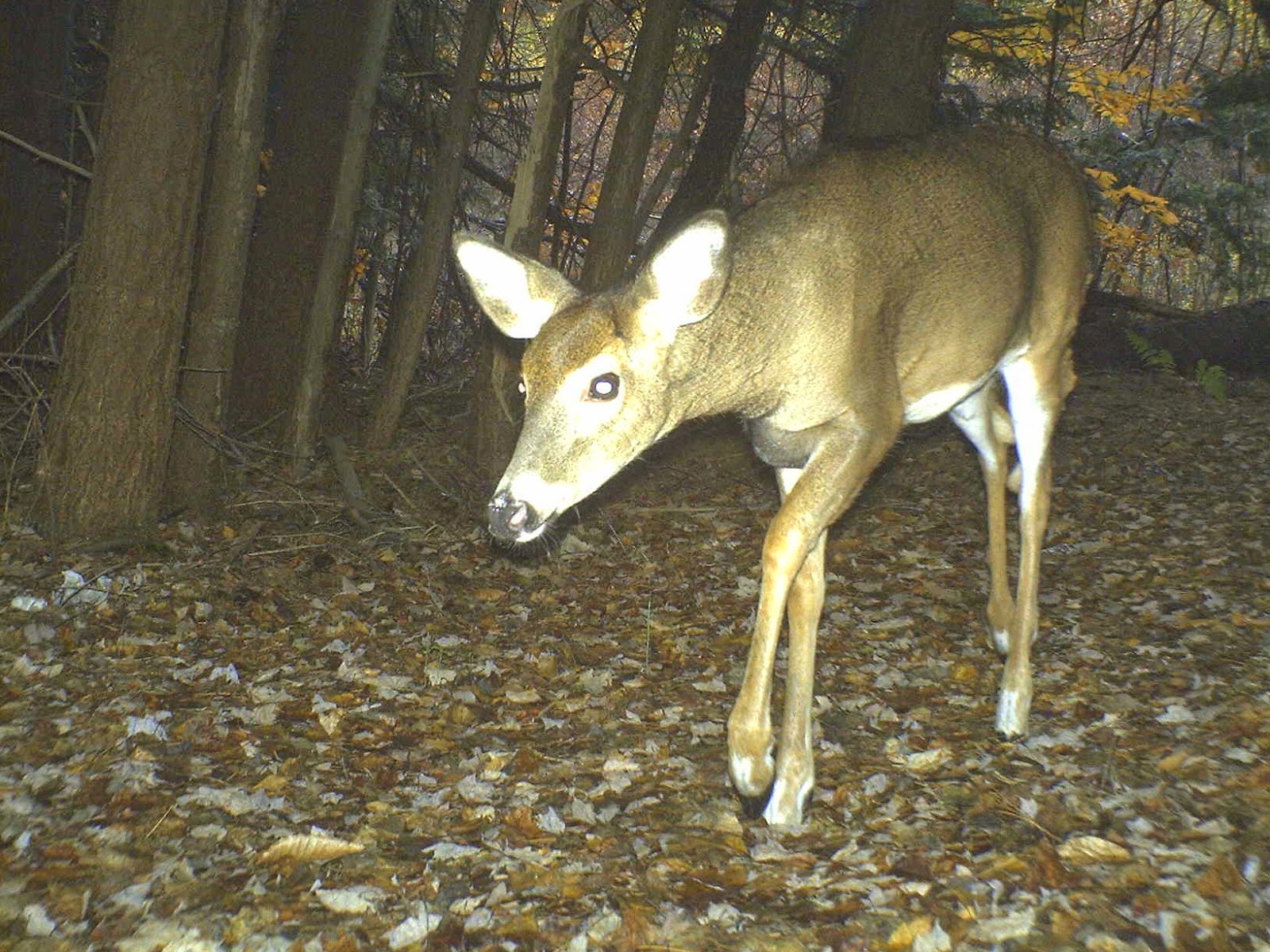 |
| Thanksgiving Sunrise after the Storm |
It was a wet snow that stuck to trees and power lines, causing over 200,000 customers in New Hampshire to lose power. Some were out until Sunday.
There was enough snow to allow snowshowing and skiing, but it was slow going due to the trees knocked down and blocking the trails.
But it sure is beautiful when the sky turns blue and the sun comes out after a New England snow storm.
It warmed up today, helping our efforts to clear out the snow; some thought is was down-right balmy.
You have to love New Englander's attitudes towards winter!
The snow filled in much of Lake Wicwas with an inch or two of slush, though the widest part of the lake remained clear. Whether or not this layer freezes will depend on the weather over the next week. If this does freeze it will require patience and care before traveling out on the ice, as these conditions make for weak and widely variable ice. It's not like the solid black ice that forms when the entire lake is cold and freezes at once.
 |
| Sunday, November 30, 2014 |
The last week of November transformed Lake Wicwas rapidly from fall to winter, but it is too early to know whether this will last. New England weather is far too fickle to predict winter is here for good.
























